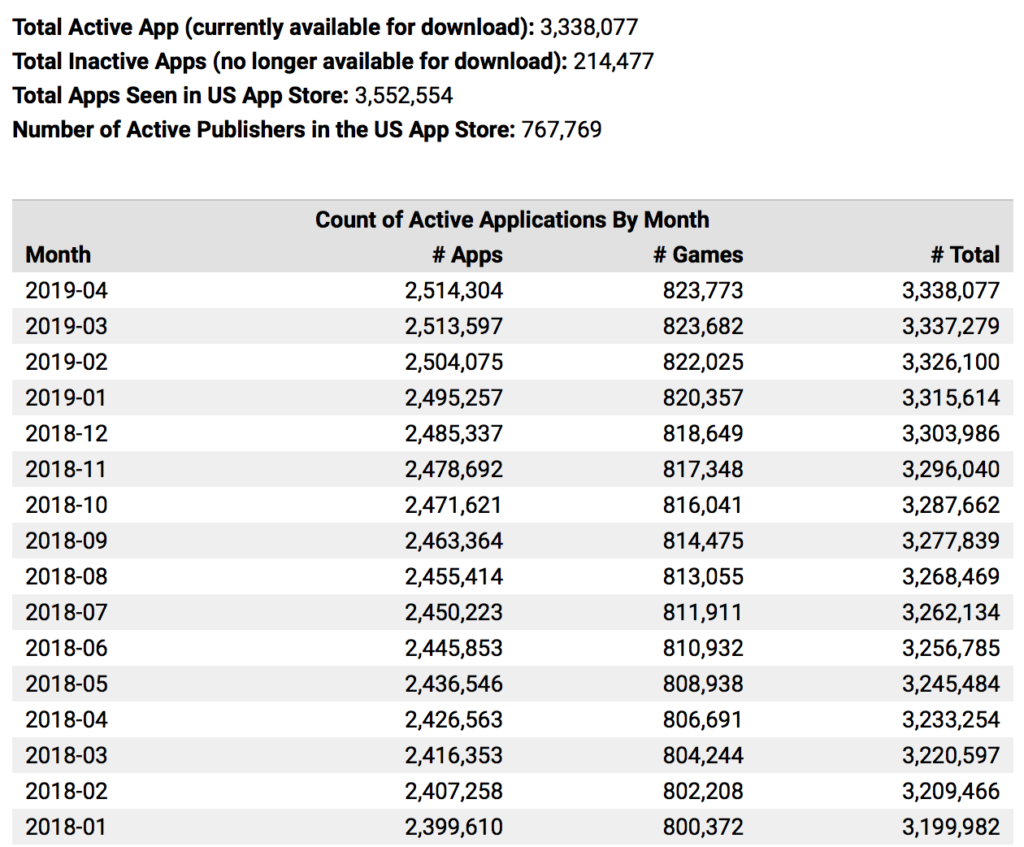According to one analyst, the company may be profitable by 2024, though its only real plan so far is to continue to screw workers and eventually replace them with unproven technology. As former CEO Travis Kalanick said in 2014, “the reason that Uber could be expensive is you’re not just paying for the car, you’re paying for the other dude in the car who’s driving.”
Presently, investors are probably realizing that what they’re paying for is an unsustainable company so huge that its main justification for existing is sunk cost.
Ouch.


